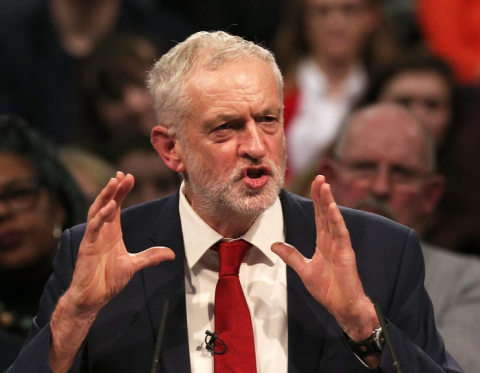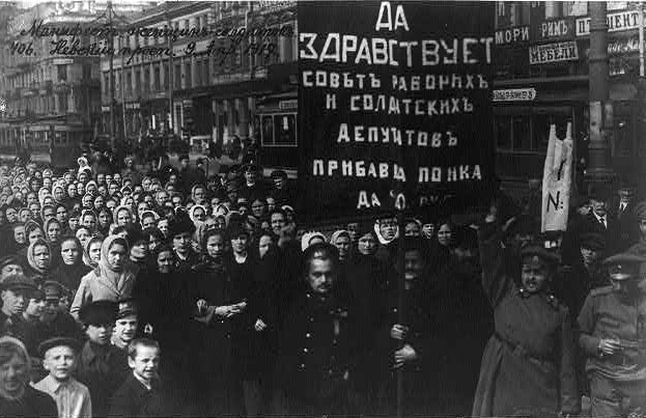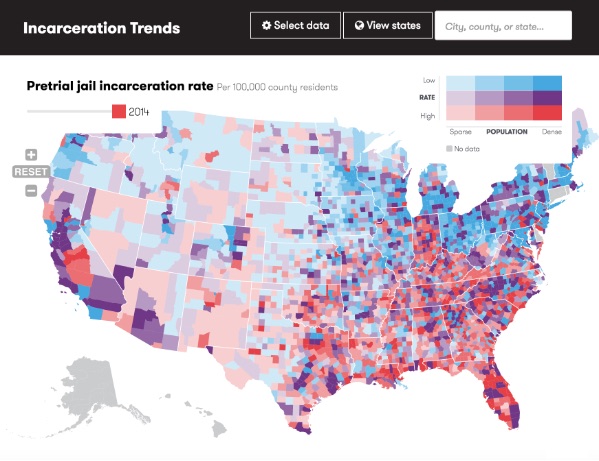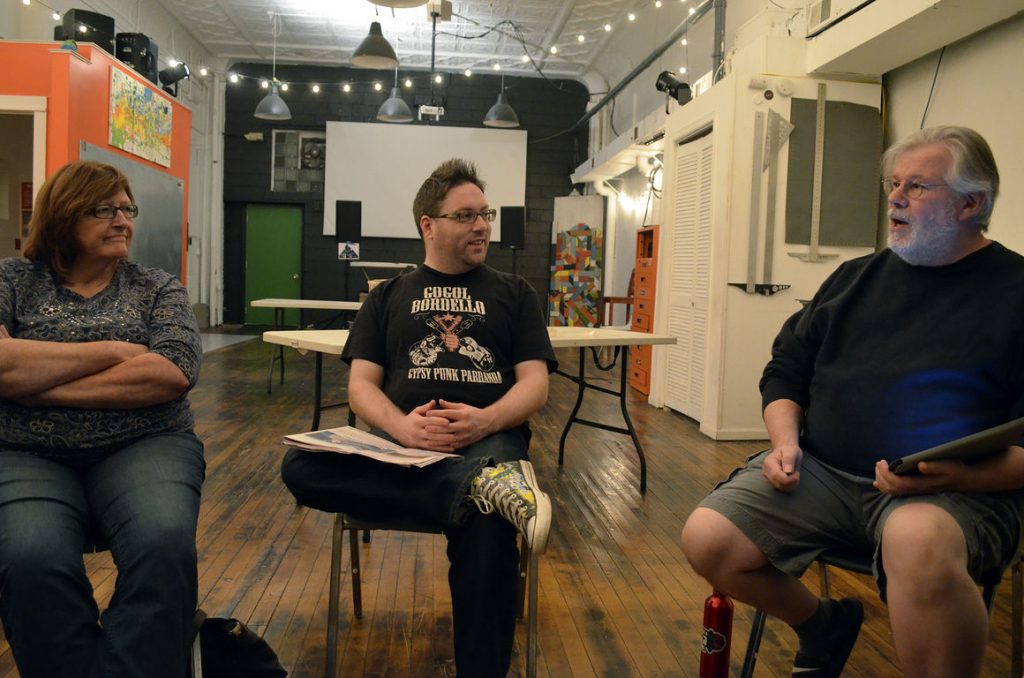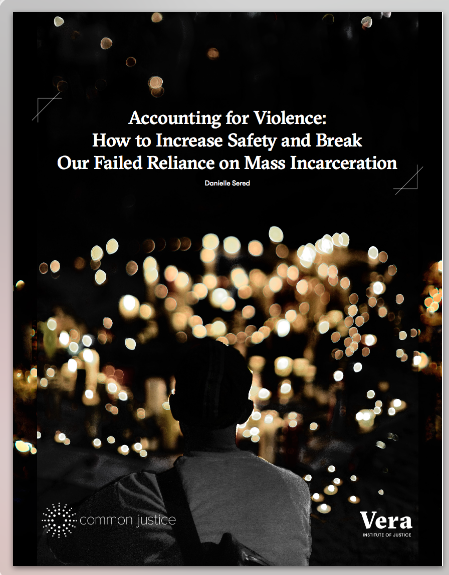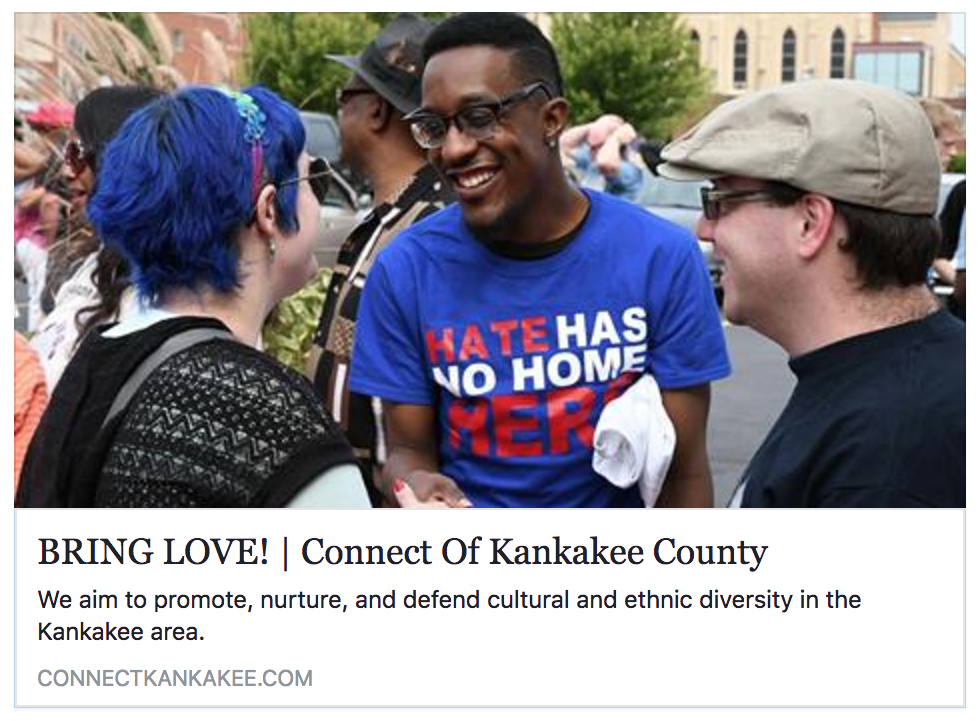
The federal government is deliberately concealing methods used by intelligence or law enforcement agencies to identify or investigate suspects—including methods that may be illegal. A new report from Human Rights Watch describes the process.
Through a practice known as “parallel construction,” an official who wishes to keep an investigative activity hidden from courts and defendants—and ultimately from the public—can simply go through the motions of re-discovering evidence in some other way. For example, if the government learned of a suspected immigration-related offense by a person in Dallas, Texas, through a surveillance program it wished to keep secret, it could ask a Dallas police officer to follow the person’s car until she committed a traffic violation, then pull her over and start questioning her—and later pretend this traffic stop was how the investigation in her case started.
Read the Report: Secret Origins of Evidence in US Criminal Cases | HRW
